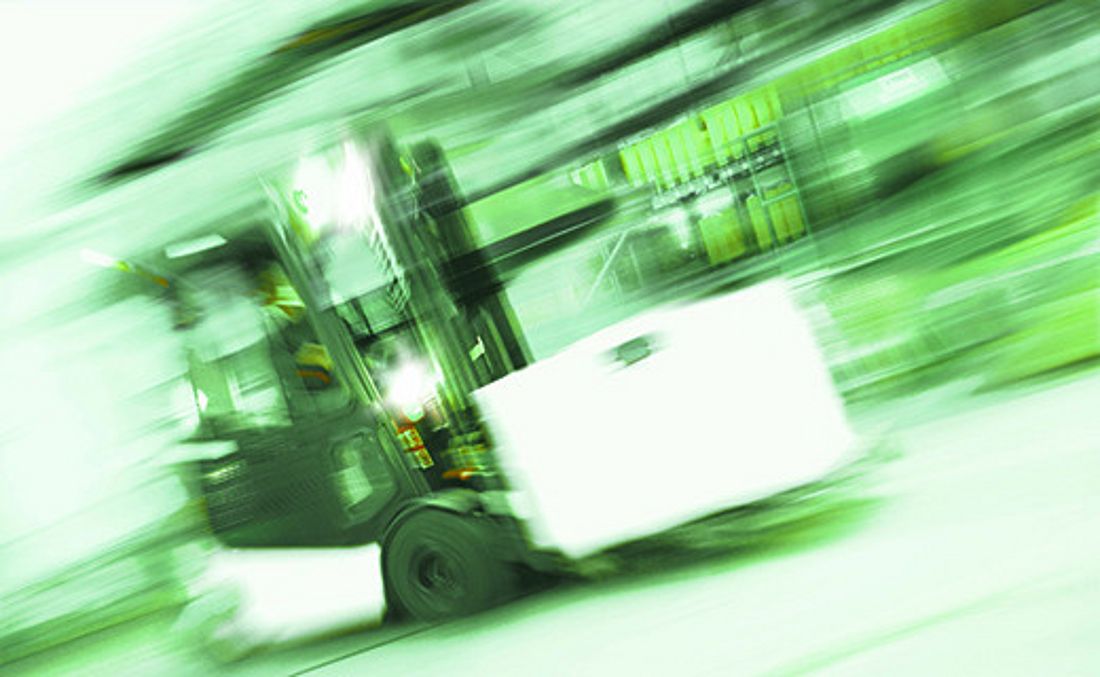Logistics businesses using diesel will soon pay more. So will those whose MHE fleets run on rebated biofuels. The reason? A tax hike. Under new rules these fuels will be taxed at the same rate as standard diesel. So, is now the time to switch to an electric forklift fleet?
BOOK NOW FOR YOUR FREE CONSULTATION
Email sales@hoppecke.co.uk or call 01782 667305. Or read on for more information.
Rule change
The rule change takes effect from 1 April 2022. It’s part of the UK government’s plan to tackle climate change. Importantly, it also reflects a bid to improve the environment. A reduction in pollution will improve air quality. In turn, this could positively impact public health. Most sectors will be affected. The main exceptions are agriculture, rail and non-commercial heating.
Penalties
Beware, if you contravene the new law, you can expect penalties. In certain circumstances HM Revenue & Customs (HMRC) will be able to seize machinery. However, it will be lenient where businesses are obviously using up diesel stocks.
Net zero emissions
In 2019 the UK government pledged to combat global warming. The target is net zero greenhouse gas emissions by 2050. In addition, it launched a new public health initiative. The strategy is simple. Improve air quality and save lives.
C02 production
Red diesel accounts for around 15% of all diesel use in the UK. So, it’s responsible for a significant carbon dioxide (CO2) output. Annually, this equates to almost 14 million tonnes. In addition, diesel is responsible for nitrogen oxide and PM10 (particulate matter) emissions.
Fuel duty rate
Clearly, the price of diesel is only one consideration. For MHE users, the fuel duty rate is key. The rate for ‘white diesel’, which contains no chemical dye, is 57.95p per litre. Currently, red diesel enjoys a rebate of 46.81p per litre. Therefore, its duty rate is effectively 11.14p per litre.
Making the switch
Of course, the government hopes this measure will bring about change. It’s a disincentive to continue using diesel/biofuels. Essentially, there are two alternatives. Use less fuel. Switch to a greener alternative. For many logistics businesses the fuel tax hike is a catalyst. It’s time to switch to an electric forklift fleet.
Concerns
In general, warehouse operations are intensifying. Increasingly, sites work 24/7 shifts, 7 days per week. Businesses are often concerned about the capabilities of an electric MHE fleet. Are trucks up to the job? The simple answer is yes. For the most demanding applications electric trucks can be the ideal solution.
Technological advances
In recent years, forklift manufacturers have made tremendous strides forward. Firstly, they have improved IP ratings. Secondly, the move to AC electrics has enhanced operation. It means electric trucks are well-suited to working outdoors. And in bad weather.
Yet, developments in battery technology are equally important. Modular chargers and high frequency charging. Vented battery technology, plus lithium-ion systems and maintenance-free products. These are now commonplace. Larger capacity, high-performance batteries are becoming the norm. Even for heavy duty operations. And, with the right clamps and attachments, an electric truck can do heavy work more efficiently than one with an IC engine.
Accurate information
With demanding operations, you can lose sight of truck usage. So, you need to understand the application. But it’s crucial to ascertain actual working hours. Typically, concerns are based on a misconception. That is, that trucks are working harder than they are. By undertaking a thorough operational analysis we can get the true picture. Accurate information about real-time operational usage. Our technology analyses the amp discharge of the truck from the battery. Therefore, we learn rest times, idle times and work done.
The heavy-duty myth
In reality, genuine heavy-duty operations account for around 0.5% of the market. Take independent transport hubs, for example. Yes, they may operate 24/7 shifts 7 days a week. Yet, appearances can be deceptive. Forklifts may be working hard for only 25% per cent of the day. And up to two thirds of that time the engine is idling.
Certainly, there are busy periods. When lorries load between 6.00am and 8.00am, for instance. Then, it might get busier towards lunchtime. And again between 4.00pm and 6.00pm when the lorries return. So, trucks work flat-out for small segments of the day. Armed with a real-time understanding of truck usage the decision is easy. Making the switch to an electric forklift fleet is a logical choice.
Electric fleet benefits
Indeed, there are clear benefits to running electric equipment. IC engines contain more moving parts. Consequently, they break down more regularly. So, electric trucks deliver more reliable power. Importantly, CO2 emissions are lower with battery-powered MHE. So are noise levels. As ever, fuel costs are a key consideration. Electric truck costs are lower. And the forthcoming fuel duty tax hike is irrelevant.
Identify savings
Naturally, businesses want to make informed decisions. That’s why we’ve developed a simple-to-use tool. Thinking of making the switch to an electric forklift fleet? How much could you save? Input truck type and our technology will do the rest.
Help and advice
Only you can decide if electric MHE is right for your business. But we can help. Book now for a free consultation. Email sales@hoppecke.co.uk or call 01782 667305. And don’t forget to ask about our free calculator.
